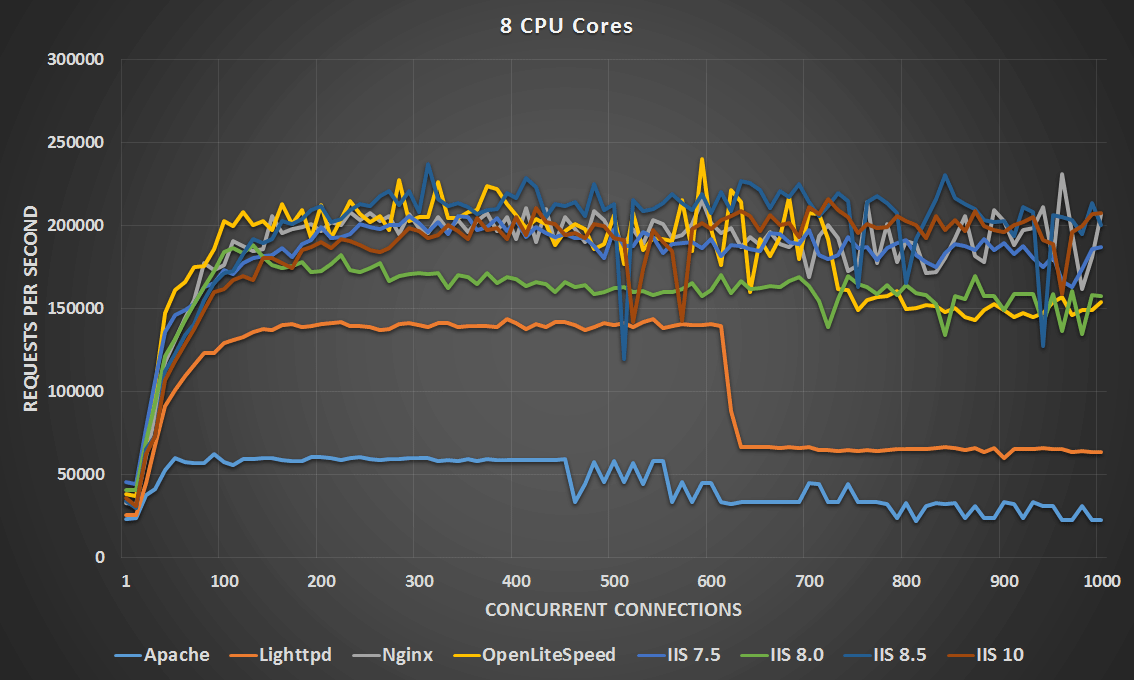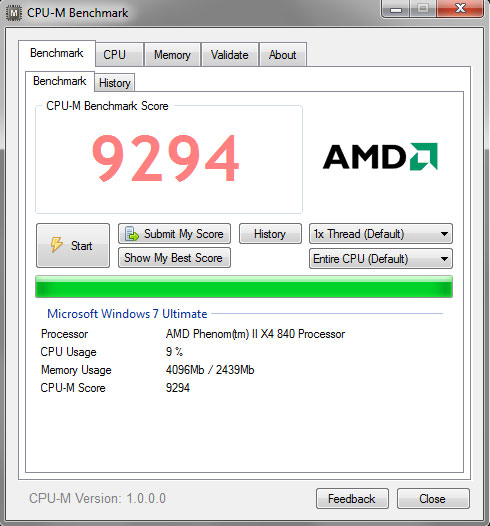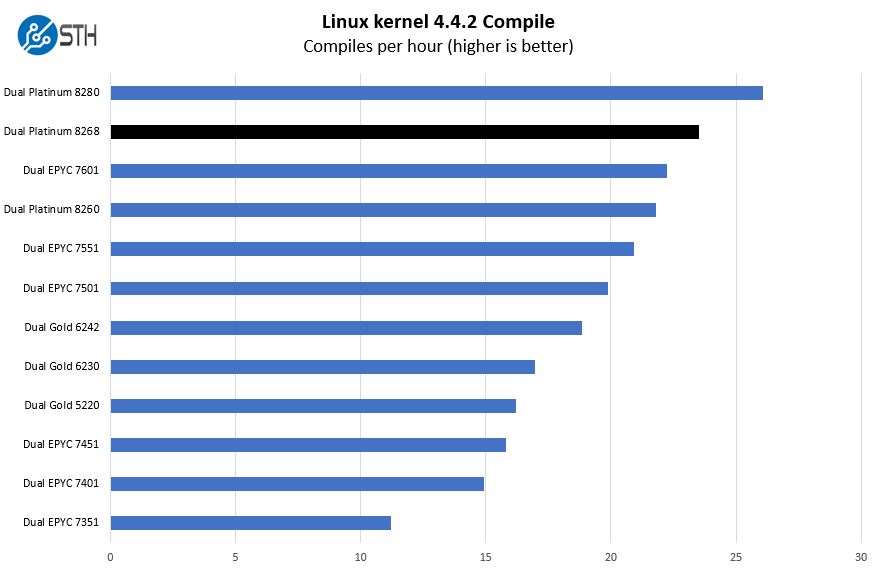

Calculate the geometric mean of the EXECL THROUGHPUT, FILECOPY 1, 2, 3, PIPE THROUGHPUT, PIPE-BASED CONTEXT SWITCHING, PROCESS CREATION, SHELL SCRIPTS and SYSTEM CALL OVERHEAD indexes. I have discarded all arithmetic test results, keeping only the system-related test results.This test will exercice the file I/O and kernel multitasking performance. What: measures overall Unix performance.Note: this test, as it stands, is outdated.


To get the xStones rating, we must run an awk script the simplest way is to type make summary.ms. Xbench-0.2: results/name_of_your_linux_box.out.Kernel 2.0.0 compilation: 5 - 30 minutes, depending on the real performance of your system.BYTE Magazine's BYTEmark benchmarks beta release 2 (partial results).įor tests 4 and 5, "(partial results)" means that not all results produced by these benchmarks are considered.UnixBench benchmarks version 4.01 (partial results).

xbench-0.2 (with fast execution parameters).Whetstone version 10/03/97 (latest version by Roy Longbottom).Kernel 2.0.0 (default configuration) compilation using gcc.I have selected five different benchmark suites, trying as much as possible to avoid overlap in the tests: Applications benchmarks should consist of commonly executed tasks on Linux systems.Results of synthetic benchmarks should not be averaged into a single figure of merit (that defeats the whole idea behind synthetic benchmarks, with considerable loss of information).Each synthetic benchmarks should exercise a particular subsystem to its maximum capacity.There should be a mix of synthetic benchmarks and application benchmarks (with separate results, of course).Benchmarks should provide simple figures reflecting the measured performance.
BENCHMARK CPU LINUX SOFTWARE
All source code for the software used must be freely available on the Net, for obvious reasons.Ideally, the entire benchmark set should take about 15 minutes to complete on an average machine. When it comes to comparative benchmarking (various runs), nobody wants to spend days trying to figure out the fastest setup for a given system. It should not take a whole day to run.Before getting into an argument, however, read this HOWTO and the mentionned references: informed criticism is welcomed, empty criticism is not.
BENCHMARK CPU LINUX FREE
If you don't think it is a valid test suite, feel free to email me your critics and I will be glad to make the changes and improve it if I can. This is a preliminary version of a comprehensive Linux Benchmarking Toolkit, to be expanded and improved. I will propose a basic benchmarking toolkit for Linux. I don't want to isolate a part of the system but compare the different encryption solutions for the SSD in my particular system.Linux Benchmarking HOWTO: The Linux Benchmarking Toolkit (LBT) Next Previous Contents I should add that my CPU doesn't support AES instructions, so it is a limiting factor in performance.
BENCHMARK CPU LINUX HOW TO


 0 kommentar(er)
0 kommentar(er)
